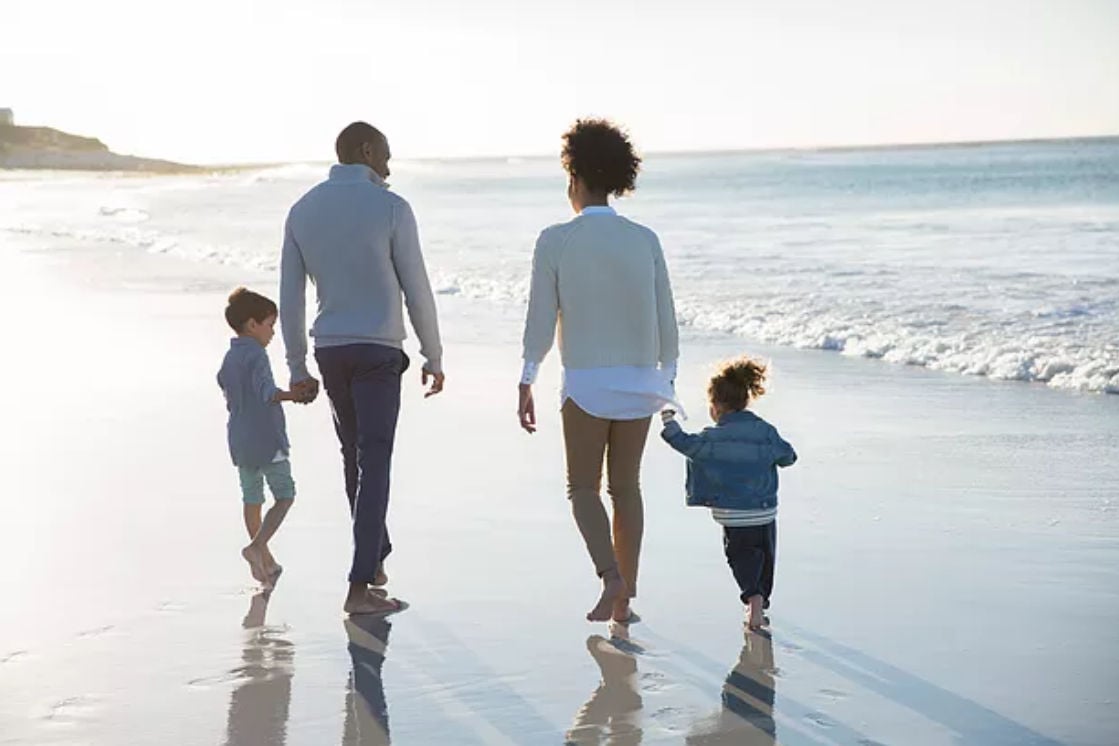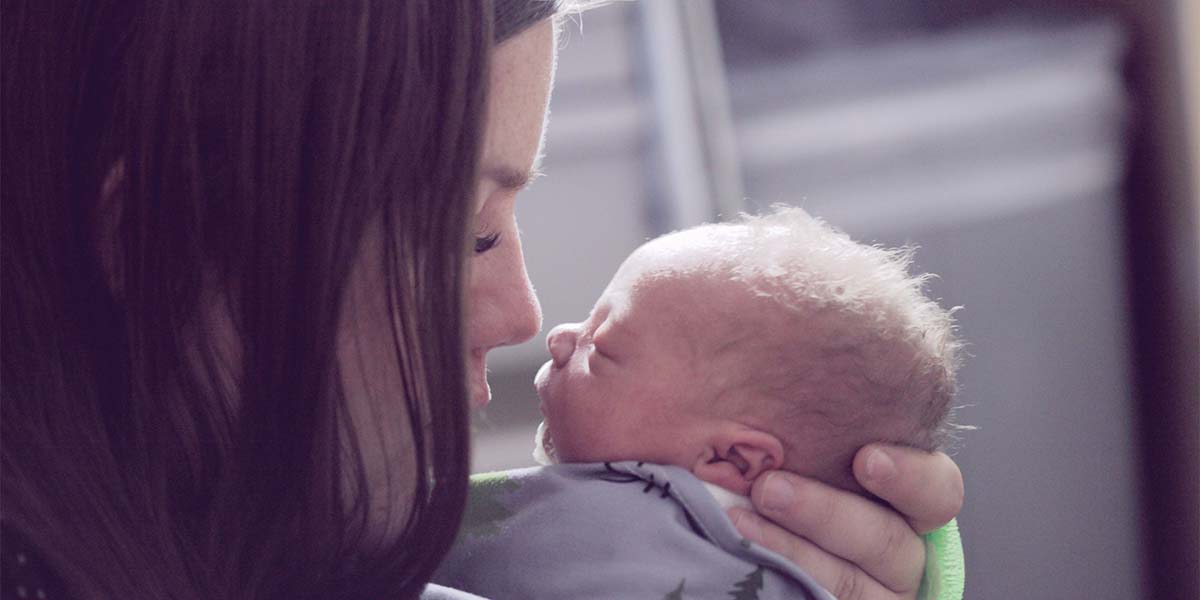
Divorce: How Much to Tell the Kids
It’s been a long, rocky road, and despite all your last-ditch efforts to make it work, the marriage just isn’t functioning. You and your partner have decided to finally bite the bullet and get divorced. *cue big sigh*
We often get this question when parents are going through divorce or separation: “how much should we/I tell the kids?”
As with most sticky situations, this varies by child, by family, and by circumstances. I do have some general guidelines for you to consider:
- Families go through this all the time, and PLENTY of high-functioning, happy, successful adults were raised in divorced families. There is hope!
- Children are very perceptive. They have been watching and feeling your tension for much longer than you think. They will know that something has shifted. It’s important that you’re able to have an honest conversation with them. That does NOT mean over-sharing. We will explore this later.
- Children (and adolescents) truly think everything is either about them or because of them. This is a developmental phase called egocentrism. When children don’t understand something they will make up a story about it in order to make sense of it. If you give them the narrative, then they don’t have to make up their own story. Explain to them that this change in the family is only about the parents and that it’s not because of the child, nor is it about the child.
- Kids/adolescents need to feel safe in order to function in a healthy way emotionally. I don’t mean safe from fires or burglars (although that’s certainly important). They need to feel safe in their relationships with both parents. The dynamics and daily workings of the family are going to change drastically. So how do you make sure the quality of relationships stays high between both parents and a child?
- Set aside special one on one time for each child. For younger kids, this should be at least 15 minutes per day. For older kids (11 and up), this can be weekly, for 45 minutes to an hour at least.
- Allow space for them to be sad about the loss of the family they had. This means hearing what they have to say, and responding with something non-threatening, like “that will be hard” or “you’re right, that part makes me nervous too” or “it’s normal to be sad.”
- Make sure you keep some type of routine in place for your kids. It should be as close to their routine before the divorce as possible. So bedtime routines should look similar and should continue. It can be tempting to let routines and rules slide when everyone is emotionally exhausted. However, letting those boundaries drop will leave kids feeling less safe. It will create one more situation in which they aren’t sure what to expect.
- Do Not Share your Drama! Some things that you should avoid discussing at all costs:
- All the reasons why you don’t love each other anymore
- All the ways you were hurt by your partner
Although you should talk about these things, save these topics for your best friend, your therapist, your mom, your clergy. Their job is to support you. Your job is to support your kids.
Your kids are intelligent, resourceful creatures. They will survive this. They will learn to be adaptable and flexible. After the dust settles, they will even see that they have the strength to navigate really difficult situations. However, they will have much less anxiety when their parents are present with them in their pain, and patient when they have questions or anxieties.
Lots of kids can get through these transitions with just their normal support system rallying to assist them. Some kids need a bit more help.
A few situations in which you should consider counseling for your kids during a big transition like divorce:
- if your child already has a diagnosis of anxiety or depression or disruptive mood dysregulation disorder.
- if you and your partner are having a tumultuous split. ie: lots of yelling, cannot be in the same room together and be civil, custody battles, etc.
Think you might need a little help navigating a pending divorce? We can help!

About Lifeologie
Lifeologie Counseling was founded in 2000 with one goal in mind — to bring a fresh, innovative approach to the everyday problems of life. Creative solutions to stuck problems®. With our unique multi-specialty, collaborative approach, Lifeologie Counseling helps individuals and families heal their wounds and break out of old, unhealthy patterns.




